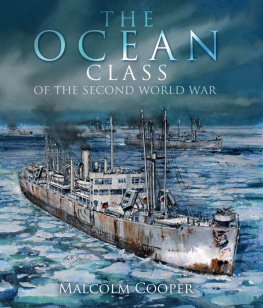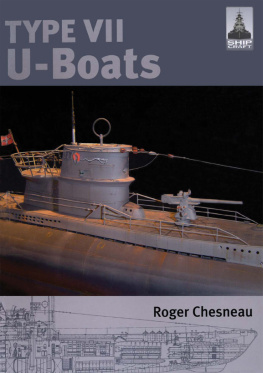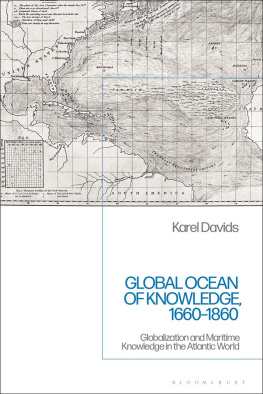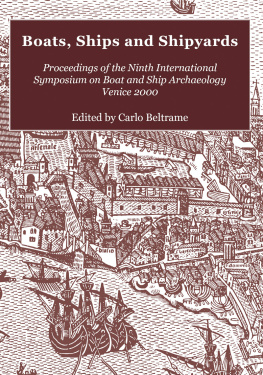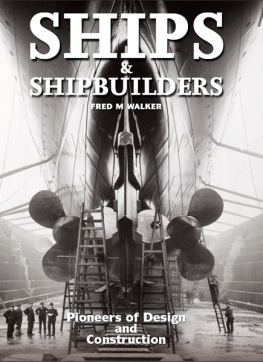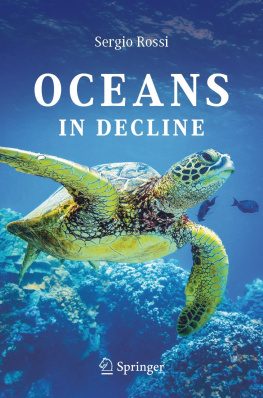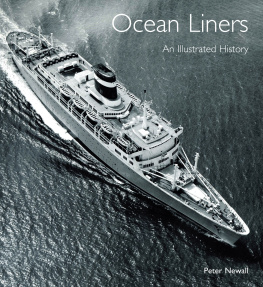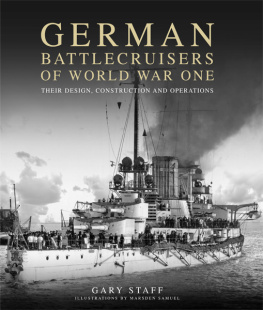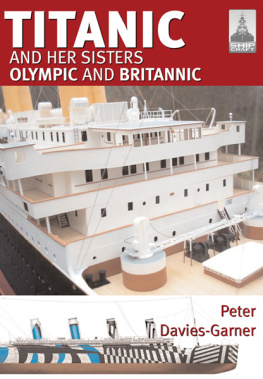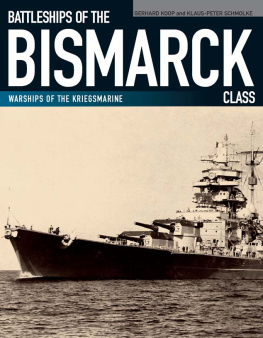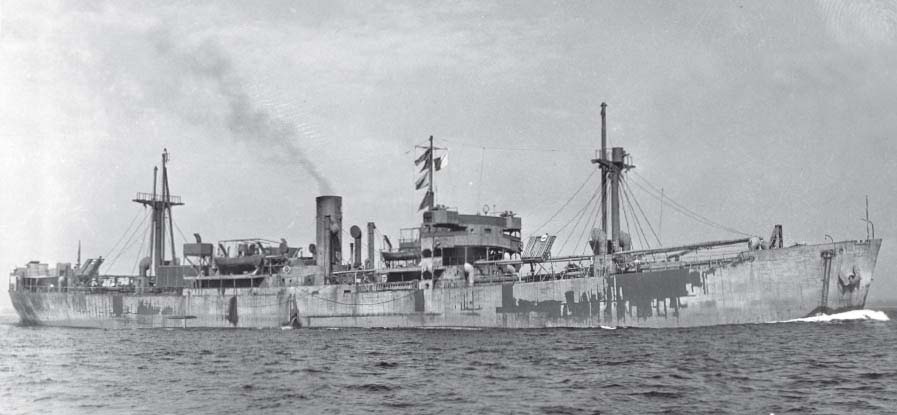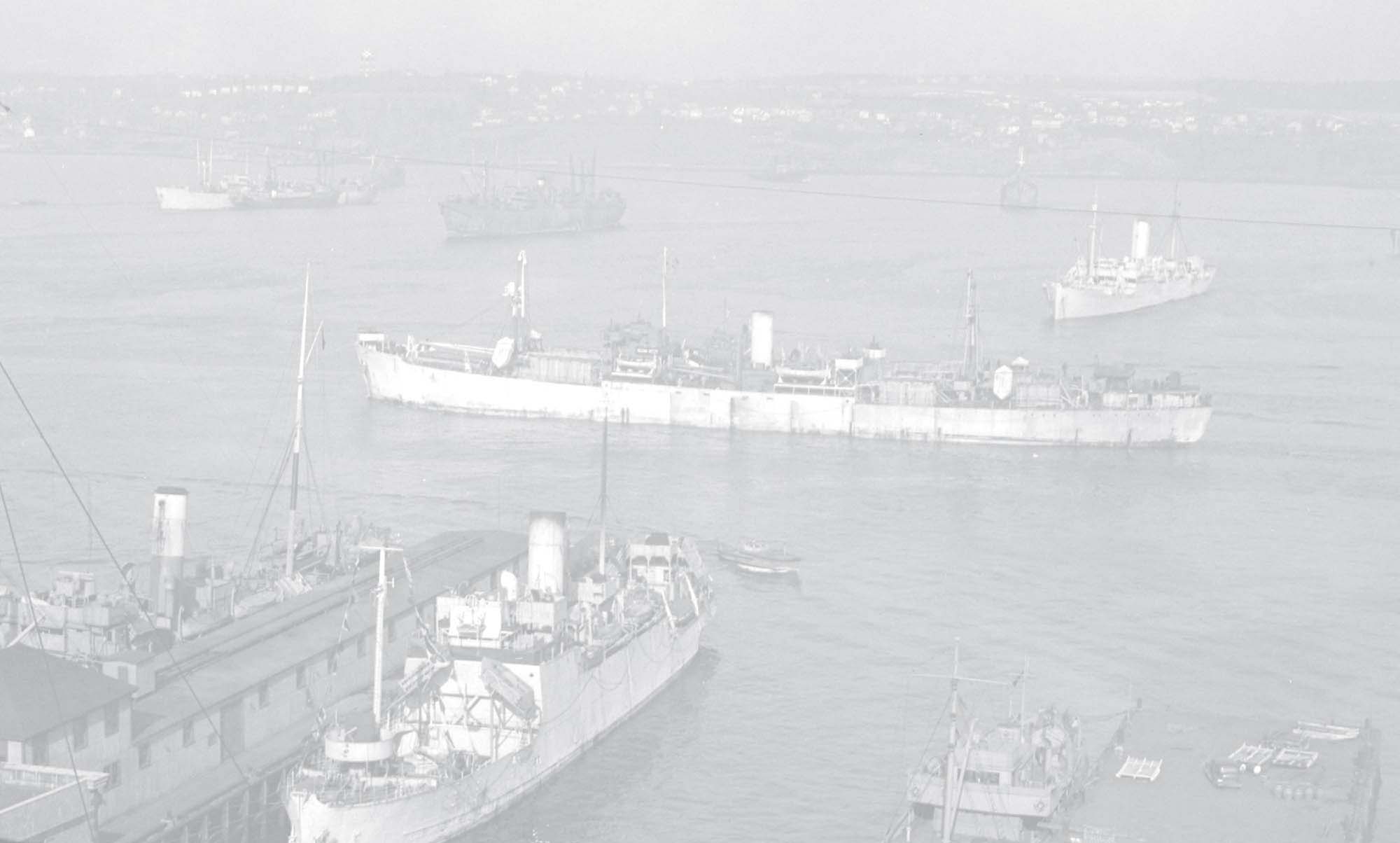Ocean Verity leaving New York for Halifax on 23 August 1942, her battered paintwork concealing the fact that she was still on the first leg of her maiden voyage from the west coast of North America and had yet to make the North Atlantic convoy crossing to Britain.

Ocean Viceroy, photographed passing under the Sydney Harbour Bridge in the livery of the Clan Line, would be renamed Clan Kenneth when Clan bought all seven of its chartered Oceans at the end of 1947 and Omonia II when resold to Greek owners in 1958, serving the latter until she was broken up at Hamburg in 1966 after damage from a dockside fire.
(V H Young and L A Sawyer)
Copyright Malcolm Cooper 2022
First published in Great Britain in 2022 by
Seaforth Publishing,
A division of Pen & Sword Books Ltd,
47 Church Street,
Barnsley S70 2AS
www.seaforthpublishing.com
British Library Cataloguing in Publication Data
A catalogue record for this book is available from the British Library
ISBN 978 1 3990 1553 0 ( HARDBACK )
ISBN 978 1 3990 1554 7 ( EPUB )
ISBN 978 1 3990 1555 4 ( KINDLE )
All rights reserved. No part of this publication may be reproduced or transmitted in any form or by any means, electronic or mechanical, including photocopying, recording, or any information storage and retrieval system, without prior permission in writing of both the copyright owner and the above publisher.
The right of Malcolm Cooper to be identified as the author of this work has been asserted by him in accordance with the Copyright, Designs and Patents Act 1988.
Pen & Sword Books Limited incorporates the imprints of Atlas, Archaeology, Aviation, Discovery, Family History, Fiction, History, Maritime, Military, Military Classics, Politics, Select, Transport, True Crime, Air World, Frontline Publishing, Leo Cooper, Remember When, Seaforth Publishing, The Praetorian Press, Wharncliffe Local History, Wharncliffe Transport, Wharncliffe True Crime, White Owl and After the Battle.
ACKNOWLEDGEMENTS
M uch of my research on the Ocean class merchant ships of the Second World War was carried out at The National Archives of the UK (TNA) at Kew. This publication contains public sector information licensed under the Open Government Licence v3.0. I would like to express my thanks to the research and reading room support staff at TNA for their unfailing professionalism and helpfulness, not just while I was working on this project, but also over my entire career as an historian, stretching back to my first doctoral research visits soon after the Kew reading rooms opened in 1978. I think it fitting also to register here my admiration for the ongoing enhancement of facilities, systems and services which have maintained TNAs position as a world-class and reader-friendly archival resource throughout this period.
I completed my research for this project through visits to other repositories around the UK and extend my thanks to the staff at the following institutions for their cheerful assistance dealing with my document requests: The National Records of Scotland, Register House, Edinburgh; the Caird Library, National Maritime Museum, Greenwich; the Imperial War Museum, London; the Glasgow City Archives, Mitchell Library, Glasgow; the Glasgow University Archives, Glasgow; the Maritime Archives & Library, National Museums & Galleries on Merseyside, Liverpool; the Manchester Archives & Local Studies Centre, Manchester Central Library, Manchester; the Teeside Archives, Middlesbrough; and the Glamorgan Archives, Cardiff.
While I was lucky enough to finish the archival research for this book before Covid-19 pandemic related closures interfered with access to sources, the same was not true of the collection of photographs, and the completion of the extensive portfolio of images in this book is testament to the dedication of archivists and technical specialists in institutions in three different countries who continued to work through partial shutdowns, remote access and other challenging operating conditions. In this regard, I would like to thank staff at the National Maritime Museum and the Imperial War Museum, London; the Nova Scotia Archives, Halifax; the City of Vancouver Archives, the Vancouver Maritime Museum, and the Museum and Archives of North Vancouver in Canada; the Library of Congress, and the Naval History and Heritage Command, Washington, DC; the Mariners Museum and Park, Newport News, Virginia; the Hoover Institution Library and Archives at Stanford University; the Richmond Museum of History, and the San Francisco Maritime National Historical Park Research Centre in California; and Old Oregon Photos, Portland, Oregon.
I have benefitted throughout from the help of friends and colleagues in the international maritime history research community and fellow members of the World Ship Society. I owe special thanks to my good friend Roy Fenton who has supported the project throughout, providing generous access to research materials in his own collection, searching for images on my behalf in his own extensive collection of photographs and those of Ships in Focus and the World Ship Society, answering many of my questions on points of detail, reading through and commenting on the draft manuscript, and ultimately introducing me to my publisher. I am also grateful to Bill Schell, not just for providing me with photographs from his splendid collection, but also for deploying his immense expertise on vessel ownership histories to help me navigate through the often-complex peacetime careers of the Ocean class ships. I am similarly indebted to Richard Osborne for providing detailed answers to my questions on naval issues which would otherwise have been beyond my power to resolve. I would also like to thank Ian Buxton, Bill Harvey, and Patricia Richardson for their help on individual issues along the way.
The same international community of maritime historians provided generous assistance in providing me with photographs from their collections of the Oceans in war and in peace, in which regard I would like to thank Roy Fenton, John and Marion Clarkson, Malcolm Cranfield, John D Hill, George Robinson, Ships in Focus, the World Ship Society archives, and Comunn Eachdraidh Nis/Ness Historical Society in the UK; Bill Schell and Peter J Marsh in the United States; Howard Dick, Russell Priest and the Nauti-cal Association of Australia in Australia; and Vic Young in New Zealand. I would also like to acknowledge the use of photos from Fotoflite incorporating Skyfotos, Archivi C N R Palermo, the Valles Steamship Co Ltd, and C C Hsu Eddie Steamship Co Ltd accessed through intermediate collectors.
Finally, I am grateful to Julian Mannering, my editor at Sea-forth Publishing, for providing me with the opportunity to publish with his imprint and for his guideness during the completion of the project. My greatest debt, as always, is to my wife Xingyan, whose unflagging love, support and understanding has sustained me throughout.

